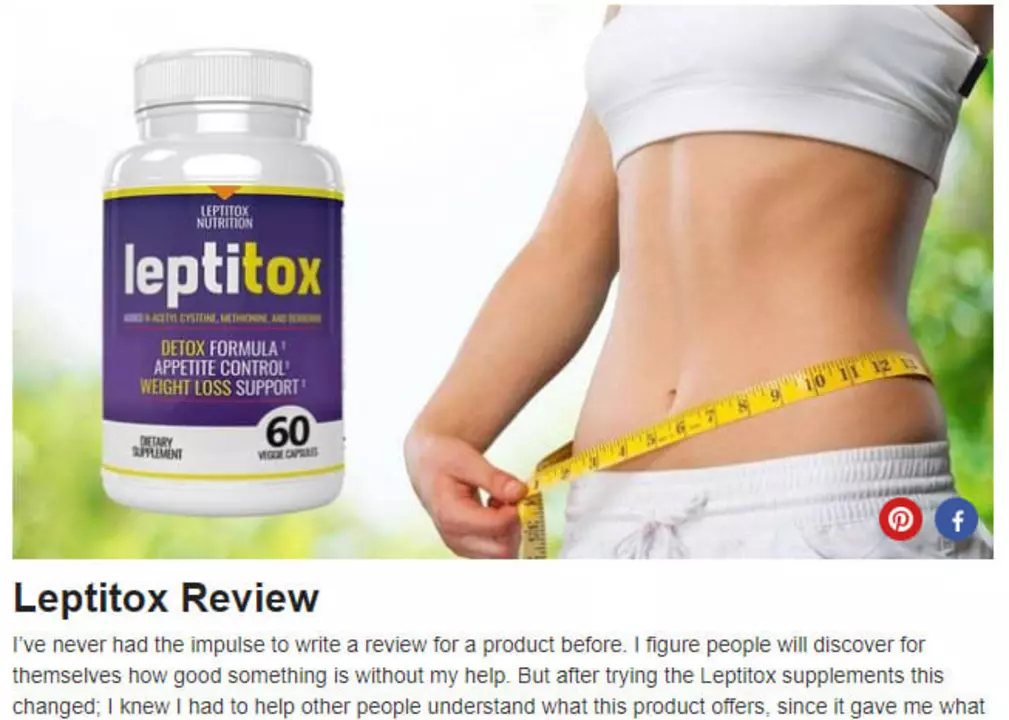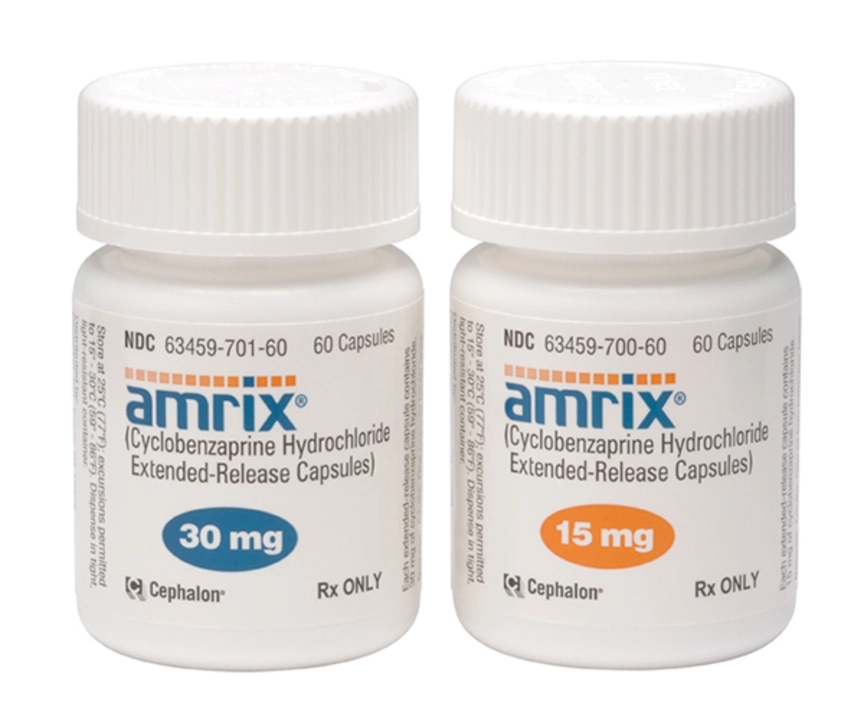June 2023 Archive — Practical health tips from PharmacyRxWorld
June 2023 brought short, practical posts that help you make better daily health choices. You’ll find a hands-on dental guide, natural supplement notes, a post on pets for myeloma patients, allergy-safe gardening tips, and safe advice about stopping a muscle relaxant. Each piece aims to give clear next steps you can use right away.
Choosing care and handling medications
Choosing the right dentist for a toothache: look for clear qualifications, recent experience treating similar issues, and a clinic that follows strict hygiene. Prioritize dentists who explain procedures, use modern diagnostic tools, and offer flexible hours or emergency care. If cost is a concern, ask about estimates up front and whether the office accepts your insurance or offers payment plans.
How to safely taper off Cyclobenzaprine HCL: don’t stop suddenly. Talk to your prescriber, get a tailored taper plan, and reduce dose slowly under supervision. Track symptoms and mood, and report withdrawal signs like increased pain, insomnia, or unusual mood changes. Consider physical therapy and non-drug pain strategies while you taper.
Supplements, pets, and allergy-friendly gardens
Banaba: a plant-based supplement noted for blood sugar support. Its active compound, corosolic acid, may help glucose uptake and support weight goals when combined with diet and exercise. Bugleweed: used traditionally for mild thyroid support and anxiety relief, but check interactions—especially if you’re on thyroid meds. For both supplements, start low, verify product quality, and discuss with your clinician before use.
Myeloma and pets: pets can lower stress, offer steady companionship, and encourage gentle activity. For myeloma patients, choose low-maintenance, clean-friendly pets and stay mindful of infection risks—regular vet care and basic hygiene cut those risks. Pets can improve mood and adherence to daily routines, which helps during treatment.
Allergy-friendly garden tips you can use today: pick low-pollen plants like hydrangeas, roses, and many shade-loving perennials. Use ground covers (moss, gravel) to reduce airborne pollen from soil, prune often to stop heavy pollen and mold build-up, and water in the morning to minimize spore spread. Keep seating and paths downwind from high-pollen beds.
What ties these posts together is practicality: clear criteria for choosing care, concrete safety steps for medications and supplements, and easy lifestyle changes for everyday health. If you want quick how-tos, start with the dental checklist or the gardening tips; if you’re considering supplements or changing meds, book a short talk with your clinician first. Each article from June 2023 is built to help you act safely and simply.
How to Choose the Right Dentist for Your Toothache
Choosing the right dentist for treating your toothache can be a daunting task. It's crucial to consider aspects such as the dentist's qualifications, experience, and reputation. Make sure the dentist is using the latest technology and follows proper hygiene standards. It's also important to feel comfortable and have open communication with the dentist. Lastly, consider factors like location, office hours, and affordability.
Myeloma and Pets: The Benefits of Animal Companionship
In my recent blog post, I explored the incredible benefits of animal companionship for individuals suffering from myeloma. Pets, particularly dogs and cats, provide emotional support, companionship, and even physical health benefits to their owners. Through their unconditional love, pets have the ability to reduce stress and anxiety, which is crucial for myeloma patients as they go through their treatments. Additionally, these furry companions encourage regular exercise and social interaction, further improving the overall well-being of their owners. In conclusion, adopting a pet can greatly enhance the quality of life for those battling myeloma and provide much-needed comfort during challenging times.
Bugleweed: The Surprising Dietary Supplement That's Taking the Health World by Storm
I recently came across Bugleweed, a dietary supplement that's gaining popularity in the health world. This incredible herb is known for its numerous health benefits, such as thyroid support and reducing anxiety. Many people are turning to Bugleweed as a natural alternative to medications. I'm excited to learn more about this powerful plant and its impact on overall health. Stay tuned for more updates on Bugleweed and its potential to revolutionize the world of dietary supplements!
The Science Behind Banaba: How This Dietary Supplement Can Help You Shed Pounds and Improve Your Health
In my recent blog post, I explored the science behind Banaba, a dietary supplement that can help you lose weight and improve your health. Banaba, derived from the leaves of the Lagerstroemia speciosa tree, is known for its blood sugar-lowering properties and ability to support weight loss. Its active ingredient, corosolic acid, helps regulate insulin levels and boosts glucose metabolism. Additionally, Banaba contains potent antioxidants that promote overall health and reduce inflammation. If you're looking for a natural way to shed pounds and stay healthy, Banaba might just be the supplement for you!
How to create an allergy-friendly garden to enjoy during seasonal allergy season
As a seasonal allergy sufferer, I know how important it is to create an allergy-friendly garden. To do so, choose plants with low pollen production, such as hydrangeas, irises, and roses. Incorporate allergy-friendly ground covers like moss and gravel. Also, remember to regularly prune trees and shrubs to reduce pollen and mold spores. By following these simple tips, you can create a garden that everyone can enjoy during allergy season.
How to safely taper off Cyclobenzaprine HCL
As a blogger, I've recently come across the topic of safely tapering off Cyclobenzaprine HCL, a muscle relaxant commonly prescribed for short-term use. To ensure a safe and smooth transition, it's crucial to consult with a healthcare professional before making any changes to your medication regime. They can provide a personalized tapering schedule based on factors like dosage and duration of use. During the process, it's important to monitor your body's response and report any adverse effects to your doctor. Remember, patience and open communication with your healthcare team are key to successfully tapering off Cyclobenzaprine HCL.











